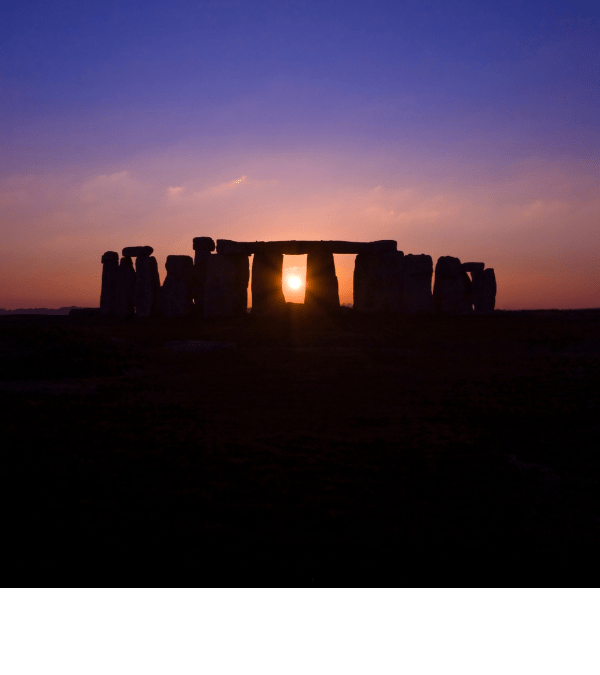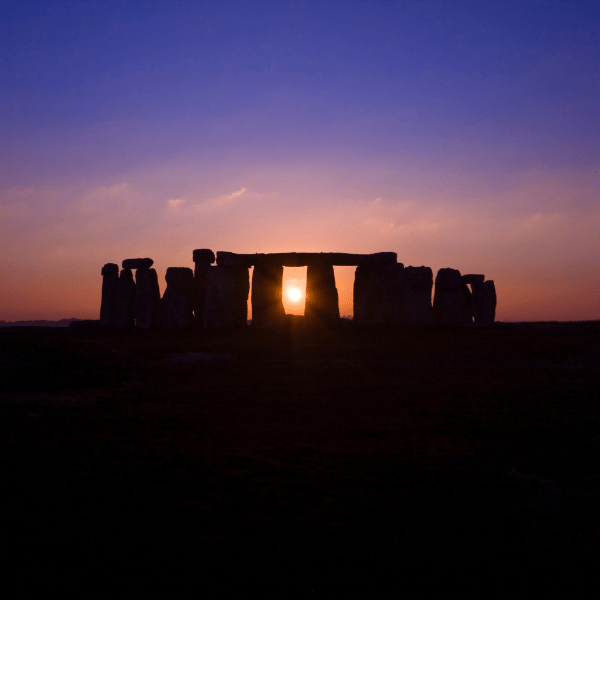Light in the Dark: Harnessing Winter’s Stillness
The winter solstice falls on Saturday, marking the shortest day and longest night of the year for the Northern hemisphere, as the sun pauses before moving northward again. This time has been celebrated for thousands of years by many cultures around the world that honour the theme of light, renewal, and connection with nature.
In modern times, whilst many feel some despair at it being the shortest day and the lack of daylight, I always try and remember it as a day for hope – as we return towards the light and move closer to spring and the rebirth of nature.
In the UK, the winter solstice falls in our midwinter and also our advent period, when nature is stripped back to its bare bones – and most plants remain sleeping and dormant. As nature slows, it mirrors a chance for us to pause and assess how we nurture our bodies. During the colder months, our circadian rhythm changes and we tend to sleep more in winter as energy levels lower. Traditionally humans would have used the quietness of winter to also slow the pace of life as we are naturally inclined to draw inward for shelter and warmth. Fasting would have been common during the midwinter as food would have been at its most fallow, allowing a period of potential healing as we rested and recuperated through winter.
And this is something I think we could all do with remembering and holding onto at this time of year, during the overwhelm of Christmas parties, buying presents and trying so hard to be social when really, we are just fighting nature.
More than the new year I always think the solstice marks a turning point, inviting us to honour the cycles of nature and mirror the slowness of the season. Using this time to embrace the darkness, look inwards and set intentions for renewal and well-being as the days grow brighter. Remember without the dark, we cannot see the light emerging.
I’ll leave you with a poem someone has sent me which I feel is very fitting for the solstice:
T S Eliot: From ‘East Coker’ (1940), the second of the Four Quartets
I said to my soul, be still, and wait without hope
For hope would be hope for the wrong thing; wait without love,
For love would be love of the wrong thing; there is yet faith
But the faith the love and the hope are all in the waiting.
Wait without thought, for you are not ready for thought:
So the darkness shall be the light, and the stillness the dancing.
Dr Elizabeth Thompson


